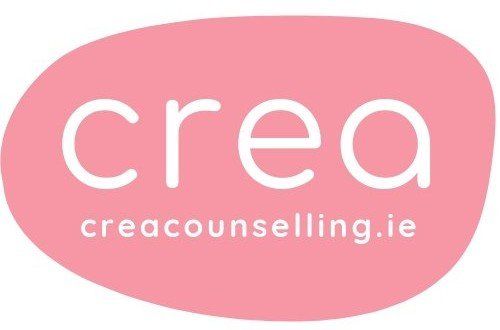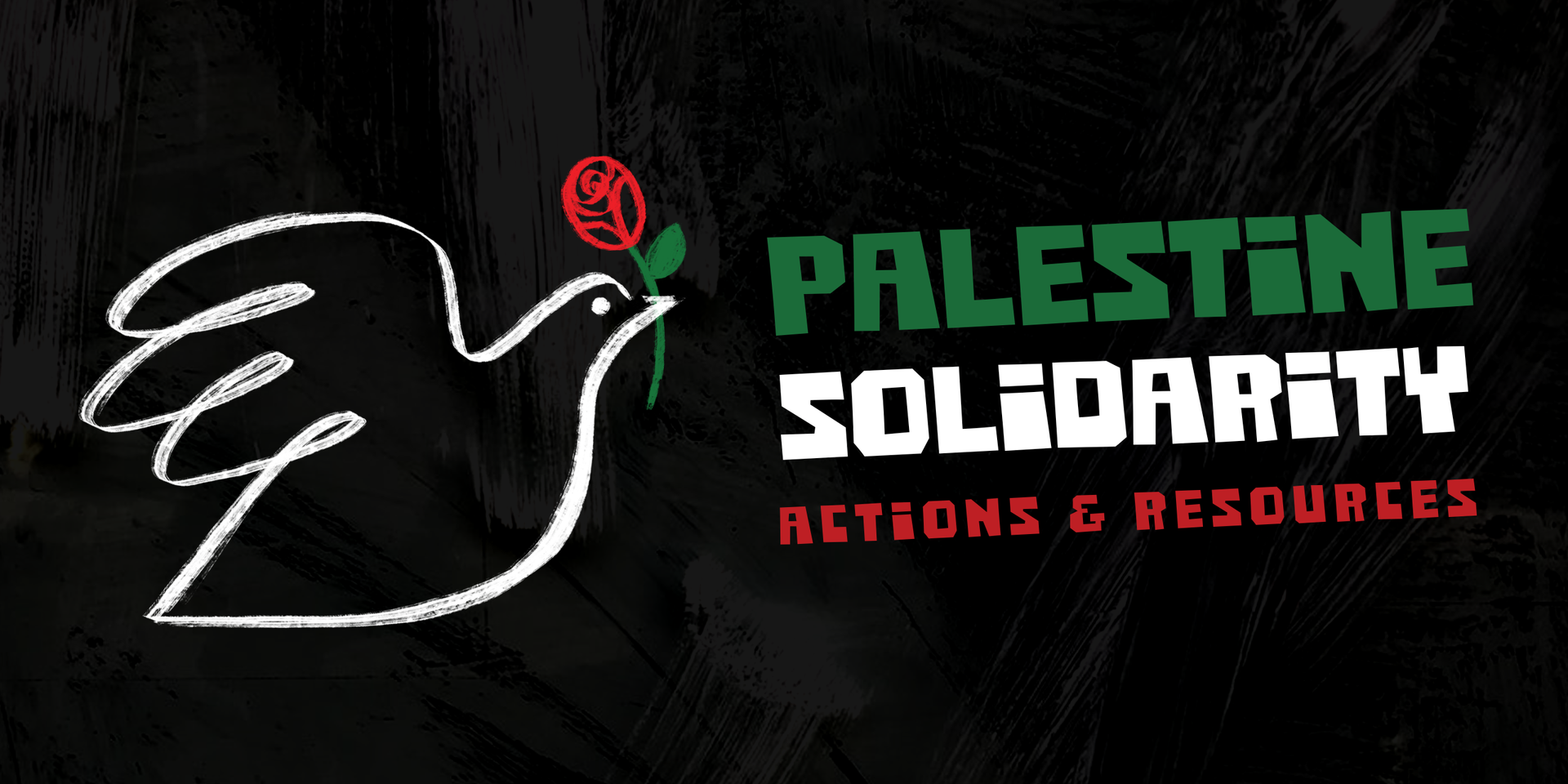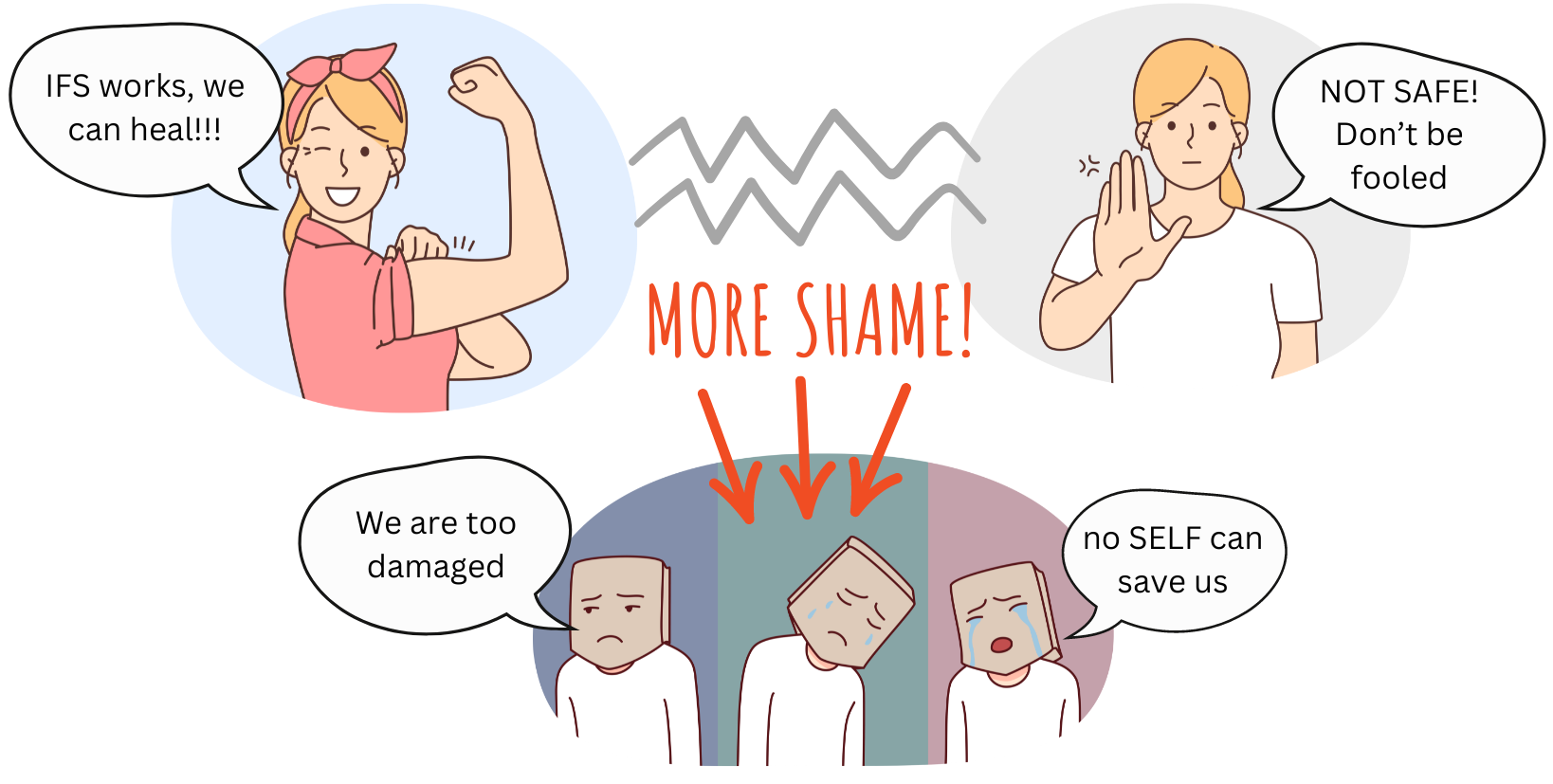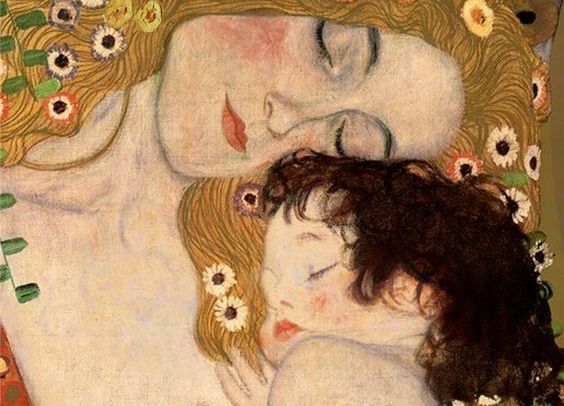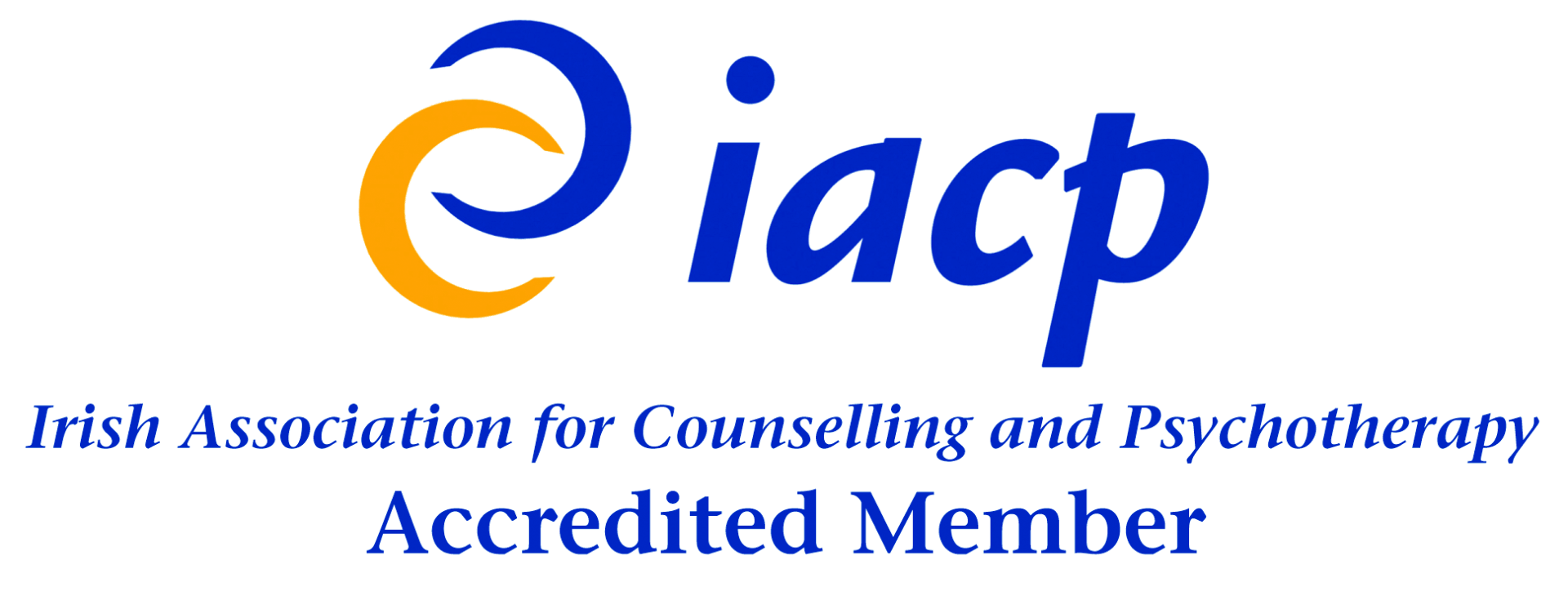First steps...
Thank you for your interest in Crea Counselling services
I am sorry but the waiting list for new clients is currently full
Feel free to contact me to be updated about future availability and take good care.
Have been thinking about counselling for a while?
Nervous about contacting a therapist for the first time?
Getting in touch with a counsellor can feel awkward at first (I felt the same way). It's hard to know what or how much to say to someone you've never met especially when there's a lot going on and you may feel a bit vulnerable. Here is some more detail on how to go about scheduling your first session with Crea Counselling.
I always arrange an initial call before making a therapy appointment with a new client. This helps us both get a sense of how we may work together. To schedule a call you can drop me a line by email or use the contact form. You can let me know if you have a specific interest say in IFS therapy, or if someone recommended Crea Counselling to you. Most importantly, let me know when I can reach you during the working week and I will email you a suggested call back time.
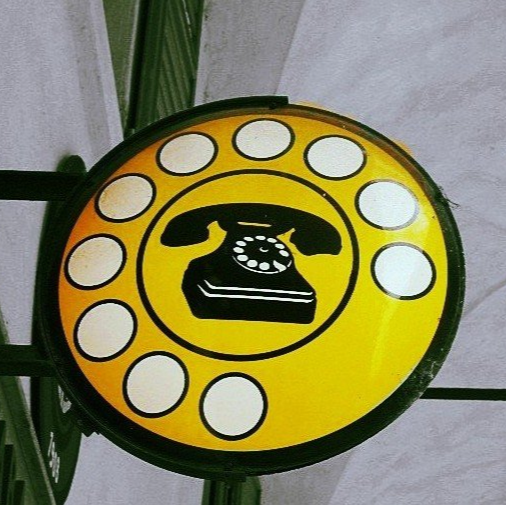
During our initial call (10-15 mins) we can discuss practical issues such as scheduling/waiting list, etc, as well as questions about how my approach to therapy may suit your particular needs. We can arrange a time when we won't be disturbed and anything you say to me is in strict confidence. Before the call, I invite you to have a look at the FAQ's page for practical info about fees and policies.
So, what should you expect from your first counselling session? Basically, we'll continue from where we left off on the phone. You can tell me more about your hopes and concerns about therapy. And we can start exploring what's feeling stuck or difficult in your life, but also what's working well and the resources you already have. You set your own pace for the session and I will never coax you to say more than you're comfortable with. Trust takes time.

At the end of the session we can review together how things went. There is no pressure to continue with therapy after that and sometimes one counselling session is all it takes to get stuff off your chest. If however you feel that therapy together would be of support to you, we can discuss an initial
counselling agreement:
you may like to arrange a set number of weekly appointments or may prefer to work on an open-ended basis.
You can find our about counselling fees, confidentiality, cancellation policy on FAQ's .
The human psyche, like human bones, is strongly inclined towards self-healing
- John Bowlby -
What to keep in mind when looking for a counsellor...
looking for the 'right' therapist can feel like looking for a needle in a haystack
Unless someone you trust recommended a therapist they trust, googling 'counselling Galway' will present you with a number of links and ads. How to avoid information overload? Here are a few pointers I hope you'll find useful. There are many competent counsellors /psychotherapists in Galway, so hang in there until you find one you feel comfortable with.
1. Counselling or Psychotherapy?
"Counselling tends to deal more with immediate issues that may have arisen more recently e.g. bereavement or relationship breakdown. Psychotherapy tends to deal with deeper, more long term issues that may be rooted in the past e.g. a trauma, or, serious mistreatment where the effects of such are ongoing"
see also IACP Guide to Counselling and Psychotherapy
I offer both counselling and long-term psychotherapy and tend to use 'therapist' or counsellor for brevity's sake.
2. Therapist's credentials
If you are too shy to ask about your therapist's qualifications, one way to unsure they have undergone adequate training is to consult the online directories of professional associations like the Irish or British Associations for Counselling and Psychotherapy, IACP/BACP or the Irish Association of Humanistic and Integrative Psychotherapy, IAHIP.
check IACP directory
check IAHIP directory
Accredited means that therapists have undergone a strict assessment and proven high standards of knowledge and clinical experience post-qualification.
3. Right Approach
There are many different approaches to psychotherapy. To grossly oversimplify we can distinguish three main orientations:
Cognitive Behavioural Therapy CBT but also DBT and ACT are more structured approaches aimed at addressing specific symptoms. They're quite directive, with counsellors assigning 'homework' and teaching tools to manage crisis situations.
Humanistic Psychotherapy
Approches like psychosynthesis psychotherapy, person-centred psychotherapy, gestalt, etc. place great importance in the therapeutic alliance and creating a context where clients can find their own way forward.
Psychodynamic Psychotherapy
originates from Freudian psychoanalysis, and looks at your childhood history to address unconscious dynamics at the root of psychological distress.
Many therapists. myself included, describe their approach as integrative meaning they draw on different counselling and psychotherapy models, with particular inflections depending on their training. In my case, while I may use CBT techniques, humanistic and creative approaches are core to my practice.
A-Z of counselling approaches- BACP
4. Right Therapist
Choosing a therapist is very personal. The perfect counsellor for one person, may be a terrible fit for the next. So, trust your gut feeling.
It may take a few sessions to feel at ease in a counselling setting. If you feel you have given therapy a fair chance, but are still in doubt about your counsellor, you may ask yourself
- Does my therapist listen attentively and respond in a supportive and non-judgmental way?
- Could I let my counsellor know if something they said was unhelpful? Would they understand my viewpoint?
- Do I keep getting unsolicited advice from my counsellor, or is their advice disrespectful of my values?
- Does my therapist tell me a lot about themselves or about stuff that is irrelevant to my issues?
- Is my counsellor too close to my family, or circle of friends for me to trust they are neutral?
When possible, try and raise the issue with your counsellor to see if things can improve. If they don't, don't hesitate to move on. Therapy is your space and your choice.
What to expect from psychotherapy
In crisis, but not sure about counselling?
Don't struggle alone...
Check out free mental health resources online and around Galway
